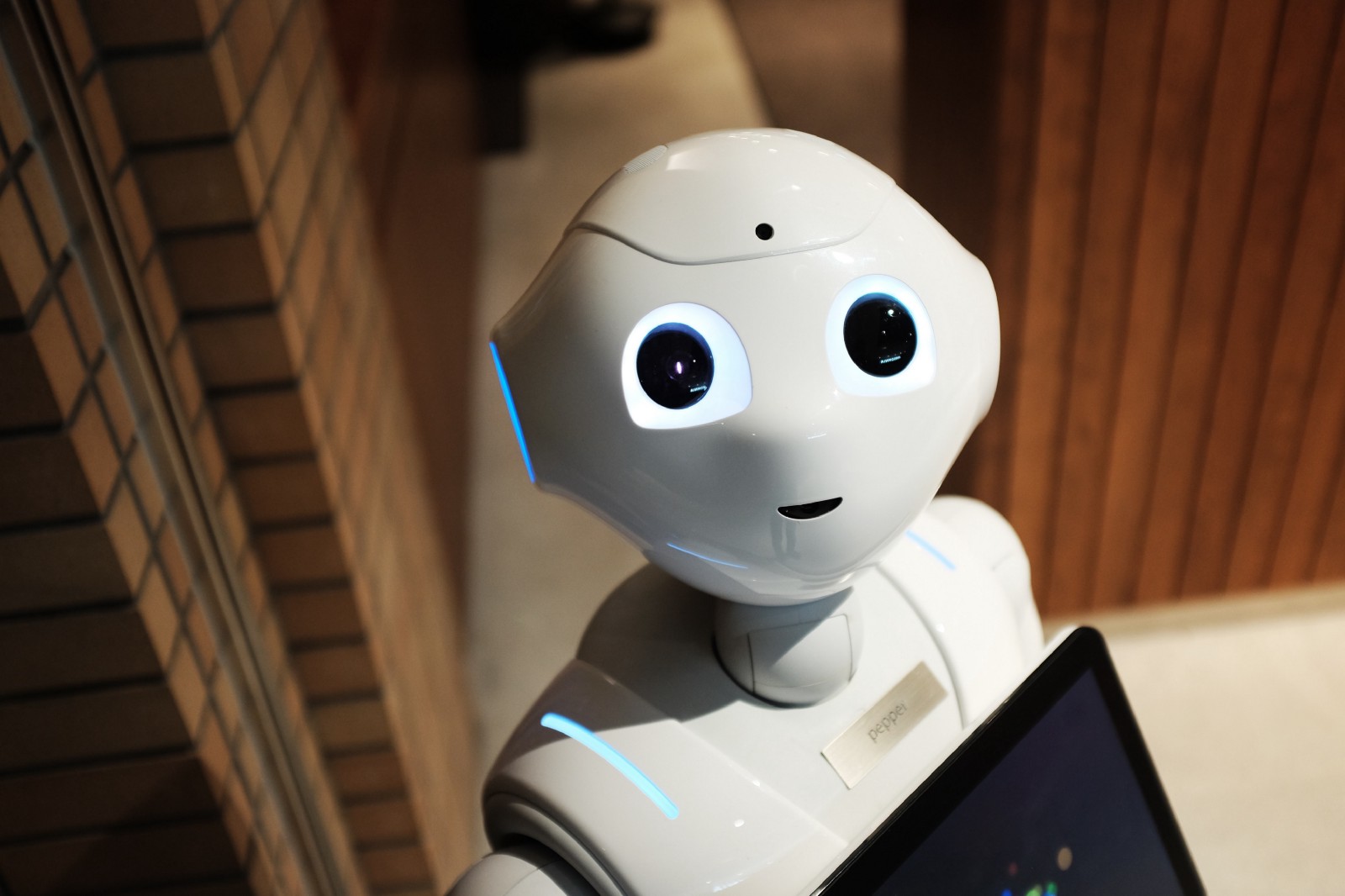The Fourth Industrial Revolution is expected to wreak havoc on labour markets, with AI and robots replacing various white-collar jobs. One job category largely excluded from scientific reports is that of government leaders, despite being one of the most critiqued, scrutinized and ridiculed jobs of all.
 However, commentators from countries as diverse as India, the UK, New Zealand and Japan have started to suggest that robots as government leaders could drastically improve decision-making, by being much less irrational and erratic than their inherently flawed human counterparts.
However, commentators from countries as diverse as India, the UK, New Zealand and Japan have started to suggest that robots as government leaders could drastically improve decision-making, by being much less irrational and erratic than their inherently flawed human counterparts.
Evidence tells us that emotions drive politics and that voters appreciate “likeable flaws”, as experts stressed over and over again when explaining the unexpected election (and subsequent actions) of US President Donald Trump. Still, wouldn’t “robogov” be far superior when making complex, high-stakes policy decisions?
While being governed by elected or appointed robots, cyborgs or algorithms may sound like science fiction, the advantages of robogov should still be obvious. Being far less hampered by ideological extremism and tunnel vision, or by the egotism and narcissistic tendencies that seem to characterize many government leaders, robogov may be able to make rational, fair, well-rounded and evidenced-based decisions.
In doing so, robogov enjoys both higher speeds and wider reach than any human leader, due to its superior data analytics capability, as well as unlimited energy and “stamina” – one of the most debated factors in the last US Presidential election campaign.
Robogov will also be much less susceptible to corruption and unethical behaviour. For these reasons, we already entrust AI with deciding on complicated social policy issues, from qualifications for unemployment benefits to targeted services that suit differentiated citizens’ needs.
a more realistic and desirable scenario is one in which AI and automation are neither competitors nor substitutes to humans, but tools that government leaders can engage effectively and sometimes defer to, in order to make better, fairer and more inclusive decisions. Cynics will point out that authoritarian regimes already misuse robogov to do the exact opposite. The rapidly expanded use of AI by governments for unprecedented surveillance, public naming and shaming, and social discrediting of citizens raises serious questions of this nature.
Original content can be found at the website of World Economic Forum.





































